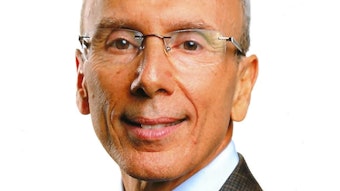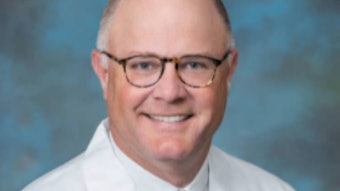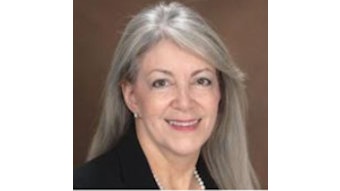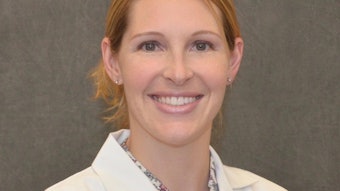Tipping the Scales for Surgeon Well-Being
The concepts of healthcare inequities, bias, and well-being are interwoven. Addressing all of them will contribute to better well-being overall.

Speakers during “Surgeon Well-Being: Physical, Sociological, and Emotional,” an on-demand session, explored the psychological, sociological, emotional, and physical responses of stress, disparities, biases, and other anxieties in healthcare. Collectively, they advocated for a stronger, more dedicated view of how these factors affect personal and professional well-being. In addition to the personal journey of well-being, they said it starts at the organizational and global healthcare level, which will improve the health of individual physicians and surgeons as well their patients.
Jo Shapiro, MD, associate professor of Harvard Medical Center, said psychological safety in the workplace is the key driver of well-being. It is important to feel supported by your team. In order to create a culture of psychological safety, there has to be a shared belief in interpersonal safety within the team; it must be safe for all team members to speak up, and relationships must be predicated on mutual respect, which in many environments “is not a given,” she said.
When there is an adverse medical event, we feel sadness, doubt, shame, fear, anger, and isolation. We may even suffer from imposter syndrome, she said.
Unfortunately, you can’t remove human error from any enterprise. And organizations should look at learning and growth over shame and blame, she said. You can’t simply send out a memo saying that shame and blame will end. You have to weave this culture into everything you do.
David J. Brown, MD, associate dean and associate vice president for health equity and inclusion at Michigan Medicine at the University of Michigan, explored the intersection of wellness, well-being, and diversity, equity, and inclusion.
Medicine was developed around white men because that was the dominant group that was practicing at that time, he said. “But as we diversify medicine with gender, racial and ethnic, LGTBQ+, ability, immigrants, and other forms of diversity, we need to rethink how the healthcare system allows all people to feel valued and can thrive.”
He showed studies that revealed the wellness benefits of diversity. He said COVID-19 disproportionately impacted different populations; “it didn’t create the disparities, but it certainly highlighted the inequities in healthcare—access to care, bias in care, food insecurity, safe housing and safe water,” he said.
He said it is essential to create a sense of belonging, especially as healthcare increasingly diversifies.
Many people who represent diversity do not feel they can be their authentic selves and they have to do “code switches” in order to fit in, he said. This is exhausting for them.
He suggested a number of programs to encourage inclusion and beat back implicit biases. These include sharing the story behind people’s names and honest conversations that allows people to discuss code switching in an open and honest way.
“Evaluate your policies, practices, and procedures that advantage some and disadvantage others,” he said.
Renee Ostertag, a licensed physical therapist, said the body keeps score.
“In this game of life, the measurement when it comes to your body is your stress responses versus your relaxation responses,” she said. “No matter what your race, your age, your socioeconomic status, if over a period of time you experience physiologically more stress responses than relaxation responses, your body will yield the effect of that. And it will not be pleasurable for you.”
The mechanical stresses of being a surgeon, the psychological stressors, and the social pressures all show up in your body, she said. The average human goes through 50 to 100 stress responses per day, according to relaxation pioneer Dr. Herbert Benson.
“That is an average human, not a surgeon, not during the pandemic,” Dr. Ostertag said.
She likened it to a bank account. “If I have more deposits than withdrawals, I am a financially happy person. If I have more withdrawals than deposits, I go broke. It is the same with our physiological bank account.”
The majority of surgeons she has worked with are not countering their stress responses with relaxation responses. “And sadly, many of you are going broke physically, emotionally, and socially.”
She provided several suggestions: get curious about your nervous system and how it is taking the hits of stress, shake off the stress with exercise and shift your stressors from more positive than negative, take a safety second for yourself, and slow blink/breathe.
This session is available on-demand.











